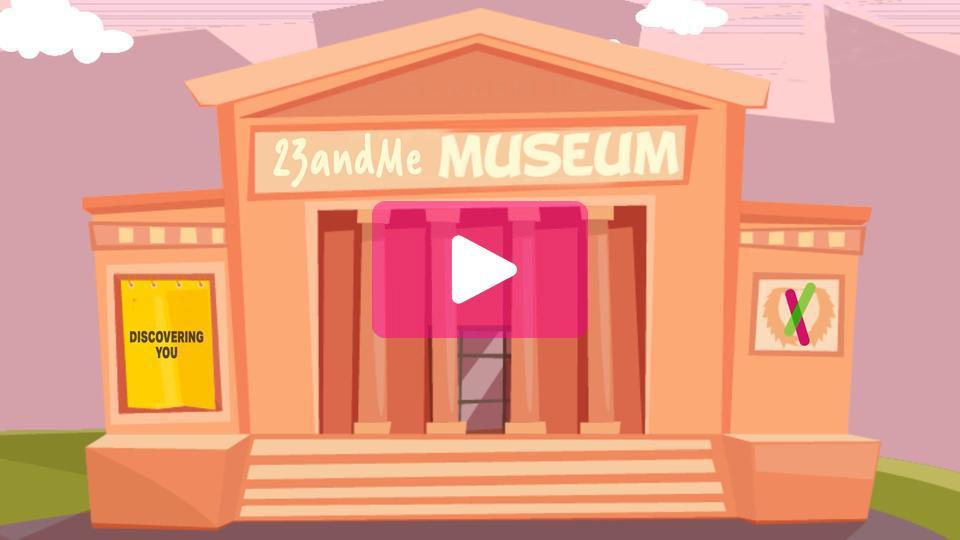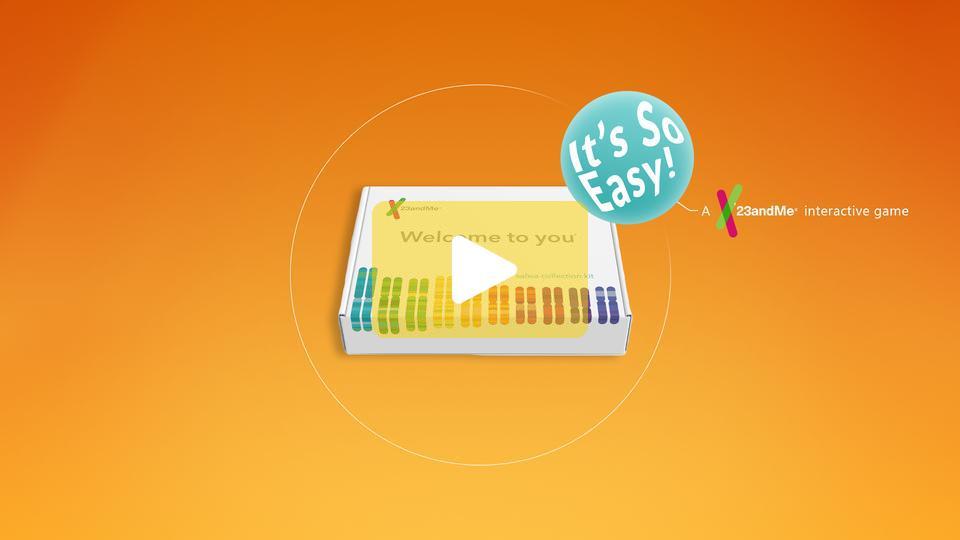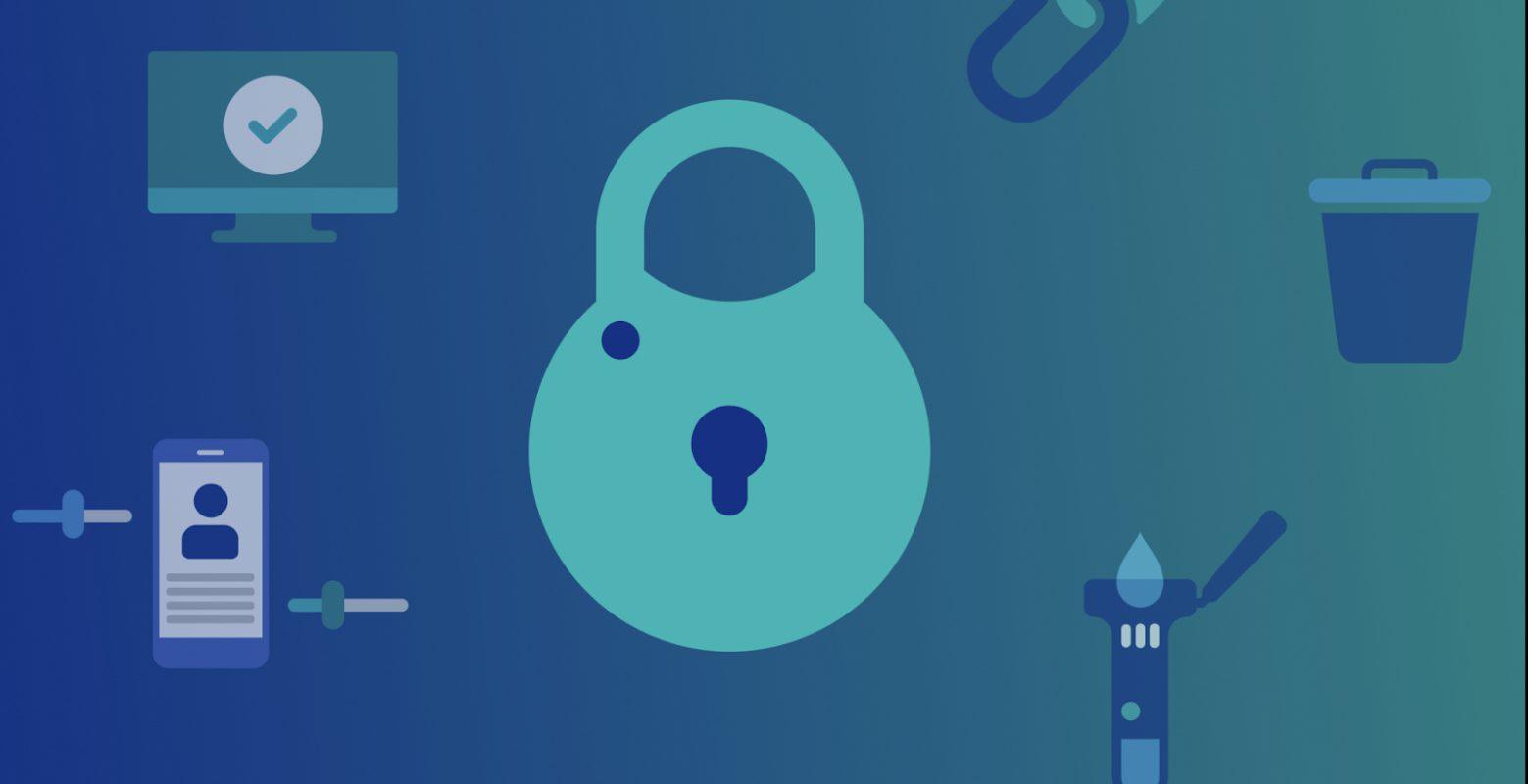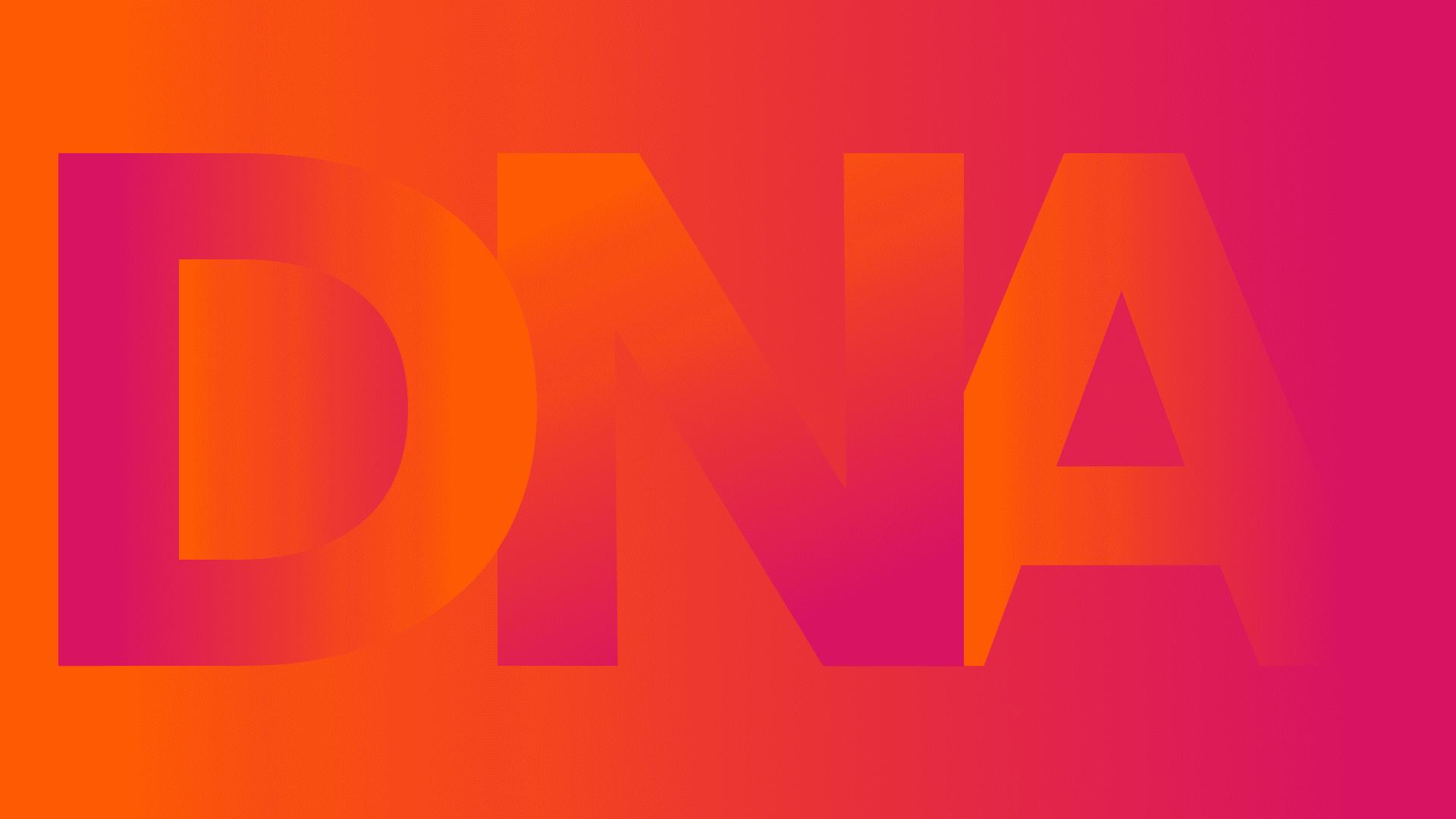This is a repeat of a post we ran back in September. While you’re sitting around the table with your loved ones, don’t forget that it’s National Family History Day!

I’m a bad patient.
Every time I go to a doctor she asks, “Do you have a family history of any diseases?”
I’m ashamed to say that my answer is always “I don’t think so.”
Your family health history is a powerful tool for your doctor; it can help him or her make vital screening and treatment decisions. Yet a recent survey (Porter Novelli Healthstyles 2004) found that although 96% of Americans recognize the importance of their family history, only 33% have ever tried to gather and organize this data for themselves.
23andMe helps people see what their DNA might have to say about a host of common and not-so common diseases and conditions; but we don’t want anyone to think that purchasing our Personal Genome Serviceâ„¢ is a substitute for a detailed family health history.
For example, the effect of the SNPs 23andMe reports on for breast cancer pales in comparison to that of mutations in the well-known BRCA1 and BRCA2 genes, which run in families and can increase a woman’s breast cancer risk three- to seven-fold (23andMe does not report data on these mutations). So even if your 23andMe data says that you have average or even below-average risk for breast cancer, a strong family history of the disease indicates the strong possibility of a genetic mutation that trumps the information we have gleaned from your SNPs.
In other cases, your family health history might dovetail with your 23andMe data, giving a fuller picture of, and perhaps increasing, your predicted risk for a certain disease. For example, a report published just last week in the Journal of the National Cancer Institute showed that a SNP recently associated with lung cancer (customers can see their data in Health and Traits) has a significantly larger effect in people where three or more first-degree relatives have been diagnosed than in people who develop a sporadic case of the disease.
The bottom line: It is very helpful to be aware of your family health history and share it with your medical provider. Here are a few resources to help you get you started:
- The U.S. Surgeon General’s Family History Initiative
For the past four years the Surgeon General has designated Thanksgiving, a time when families naturally gather together, as National Family History Day. You can use the online tool “My Health Portrait” to help guide you in collecting your own family’s health history. (Also available in Chinese, Polish, Spanish, French and Portuguese from the Brigham and Women’s Hospital National Family Health Initiative Website.)
- The Genetic Alliance
Links to sites that can help with collecting a family health history, including resources for family reunion organizers who want to incorporate this into their next gathering.
Mom, get ready for some questions.



